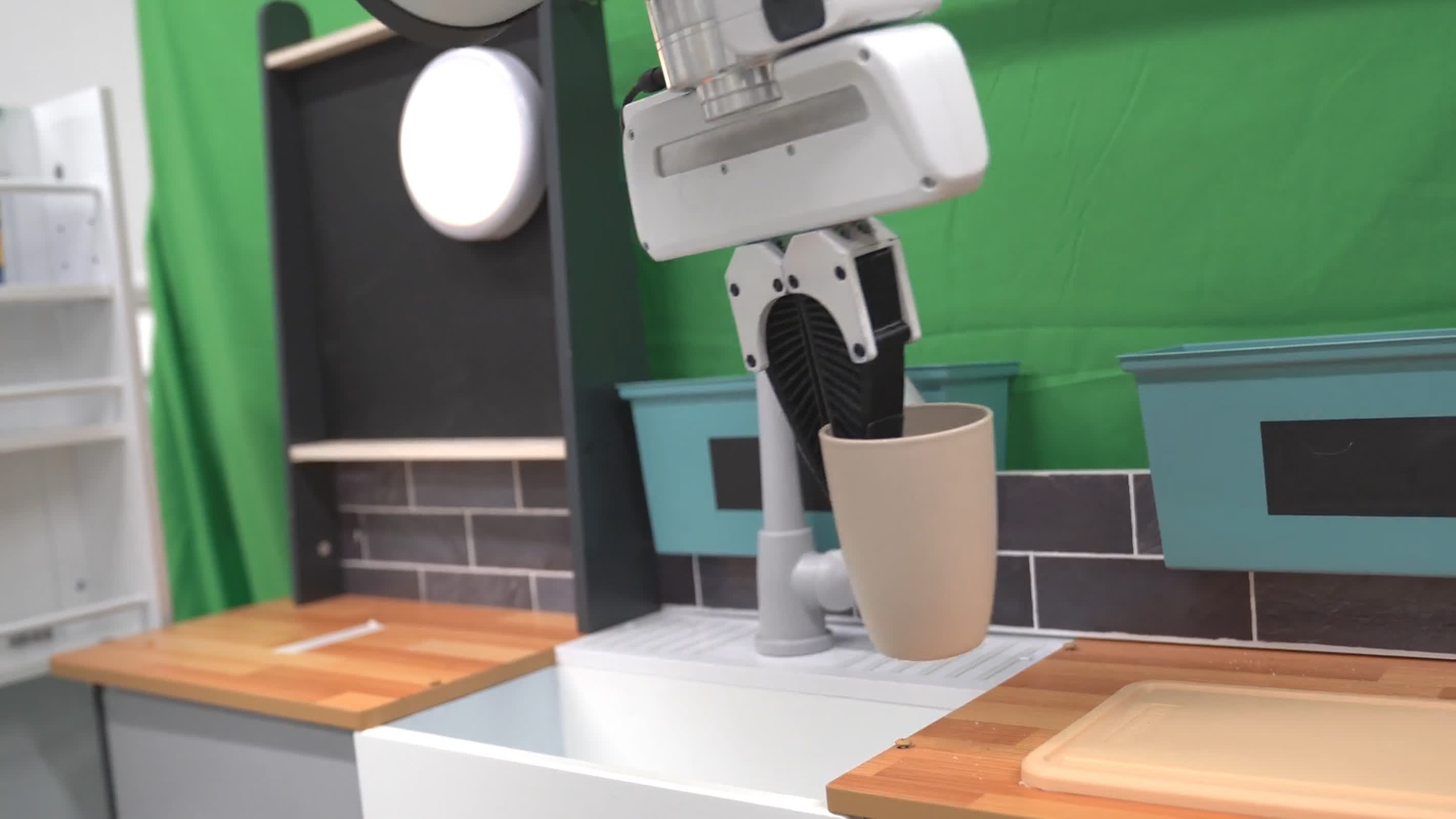In context: Educating robots new abilities has historically been sluggish and painstaking, requiring hours of step-by-step demonstrations for even the only duties. If a robotic encountered one thing sudden, like dropping a device or dealing with an unanticipated impediment, its progress would typically grind to a halt. This inflexibility has lengthy restricted the sensible use of robots in environments the place unpredictability is the norm.
Researchers at Cornell College are actually charting a brand new course with RHyME, a man-made intelligence framework that dramatically streamlines robotic studying. An acronym for Retrieval for Hybrid Imitation beneath Mismatched Execution, RHyME allows robots to choose up new abilities by watching a single demonstration video. It is a sharp departure from the exhaustive knowledge assortment and flawless repetition beforehand required for talent acquisition.
The important thing advance with RHyME is its capacity to beat the problem of translating human demonstrations into robotic actions. Whereas people naturally adapt their actions to altering circumstances, robots have traditionally wanted inflexible, completely matched directions to succeed. Even slight variations between how an individual and a robotic carry out a job might derail the educational course of.
RHyME tackles this downside by permitting robots to faucet right into a reminiscence financial institution of beforehand noticed actions. When proven a brand new demonstration, similar to putting a mug in a sink, the robotic searches its saved experiences for comparable actions, like choosing up a cup or placing down an object. The robotic can determine the way to carry out the brand new job by piecing collectively these acquainted fragments, even when it has by no means seen that precise state of affairs.

This method makes robotic studying extra versatile and vastly extra environment friendly. RHyME requires solely about half-hour of robot-specific coaching knowledge, in comparison with the hundreds of hours demanded by earlier strategies. In laboratory assessments, robots utilizing RHyME accomplished duties over 50 p.c extra efficiently than these skilled with conventional methods.
The analysis staff, led by doctoral scholar Kushal Kedia and assistant professor Sanjiban Choudhury, will current their findings on the upcoming IEEE Worldwide Convention on Robotics and Automation in Atlanta. Their collaborators embody Prithwish Dan, Angela Chao, and Maximus Tempo. The venture has obtained help from Google, OpenAI, the US Workplace of Naval Analysis, and the Nationwide Science Basis.

